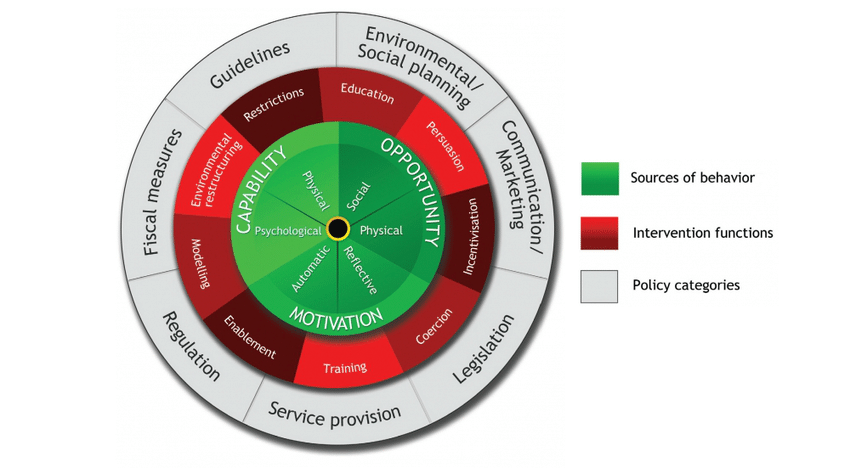In the modern developed world, food is a given. Very often, however, the immediate access and oversupply of food, which is usually rich in calories, has negative effects on our health. Poor nutrition has been shown to be a major risk factor for chronic diseases such as obesity, type 2 diabetes, cardiovascular disease, stroke and some forms of cancer (CDC, 2022).
In Greece, according to recent surveys, more than 50% of Greeks are overweight or obese, with 9% of Greece’s annual health costs due to obesity. (Manios et al, 2022).
Obesity and its associated diseases have a direct impact on working ability through increased absenteeism from work because of health problems, as well as reduced productivity of a person. (Schmier et.al., Scand J Work Environ Health, 2006; Abhilasha et al. J Occup Environ Med, 2020; Cawley, et al. J Occup Environ Med. 2021).
In order to obtain a healthy weight as well as the overall improvement of our health, some changes need to be done in our lifestyle and gradually in the habits that hold us back in this effort.
The role of businesses in the eating habits of employees
The work environment plays a decisive role in this process, since we consume at least one meal of our day there due to our long hours staying in it (either physically or mentally). Our psychological state also affects the quantity and quality of these meals Due to our mental pressure, daily stress and fatigue, we often end up eating more or less than we need. In addition, the meals we choose have low nutritional value.
This is why it is important that the work environment promotes a healthy lifestyle in the workplace, through the cultivation of correct eating habits for employees. Work interventions aimed at improving workers’ lifestyles seem to have beneficial effects on their health and productivity. Specifically, nutritional interventions have shown an increase in productivity by 1- 2% and a reduction in absenteeism by 3 per year. (Jensen. Perspective Public Health, 2011)
It is generally accepted that healthy and happy employees are more efficient, dedicated and satisfied with their job. On the contrary, insufficient health care damages both them and the companies. Studies show that this cost amounts to $18,000 a year worldwide. This increase is equal to 61% compared to 10 years ago and is predicted to double by 2030 (Miller et al., 2018).
Despite the fact that more and more companies are making an effort to support workplace wellness programs, 95% of them fail. This is because they focus on health issues management rather than health issues prevention, target specific health issues rather than the individual as a whole, and are used by a small percentage of the workforce (Miller et al., 2018).
For the effectiveness of these programs, their target needs to change and companies need to look at health & wellness in the workplace from a different perspective, that relates to effective behavior change.
The behavior change wheel and the role of education

A validated and practical tool for this purpose is the behavior change wheel that is used in the public health sector to facilitate population-level behavior change. At the center of the wheel are the 3 elements of behavior: ability, motivation and possibility. These are framed by 9 modes of intervention used to influence at least one of these elements to achieve the behavior. And these in turn are framed by 7 categories of policies so that the interventions can be carried out.
.
One of the 9 ways of intervention is education, which is a key pillar in the planning of actions in public health. Its role lies in the influence of 2 of the 3 elements of behavior, as it can increase both the ability and the motivation of the individual to act. Ability refers to both physical ability and psychological ability based on knowledge and skills, among others.
By providing appropriate training to employees, employers can increase the individual’s ability to perform the desired behavior as they learn how to perform the behavior. At the same time, the acquisition of knowledge also helps to increase the individual’s motivation as it increases his awareness of the reason he needs to act, such as for example the possible risk he has of developing a chronic condition or the benefits he could obtain from the change of his behavior.
Therefore, education is a first step towards adopting healthy eating habits and if combined with other types of interventions, it can lead to significant behavioral changes in the workplace that promote health and productivity.
Anna Gavrielis, PhD
Biosafety Academy instructor
Dietician – Nutritionist, Nutrition Studio https://studiodiatrofis.gr/
